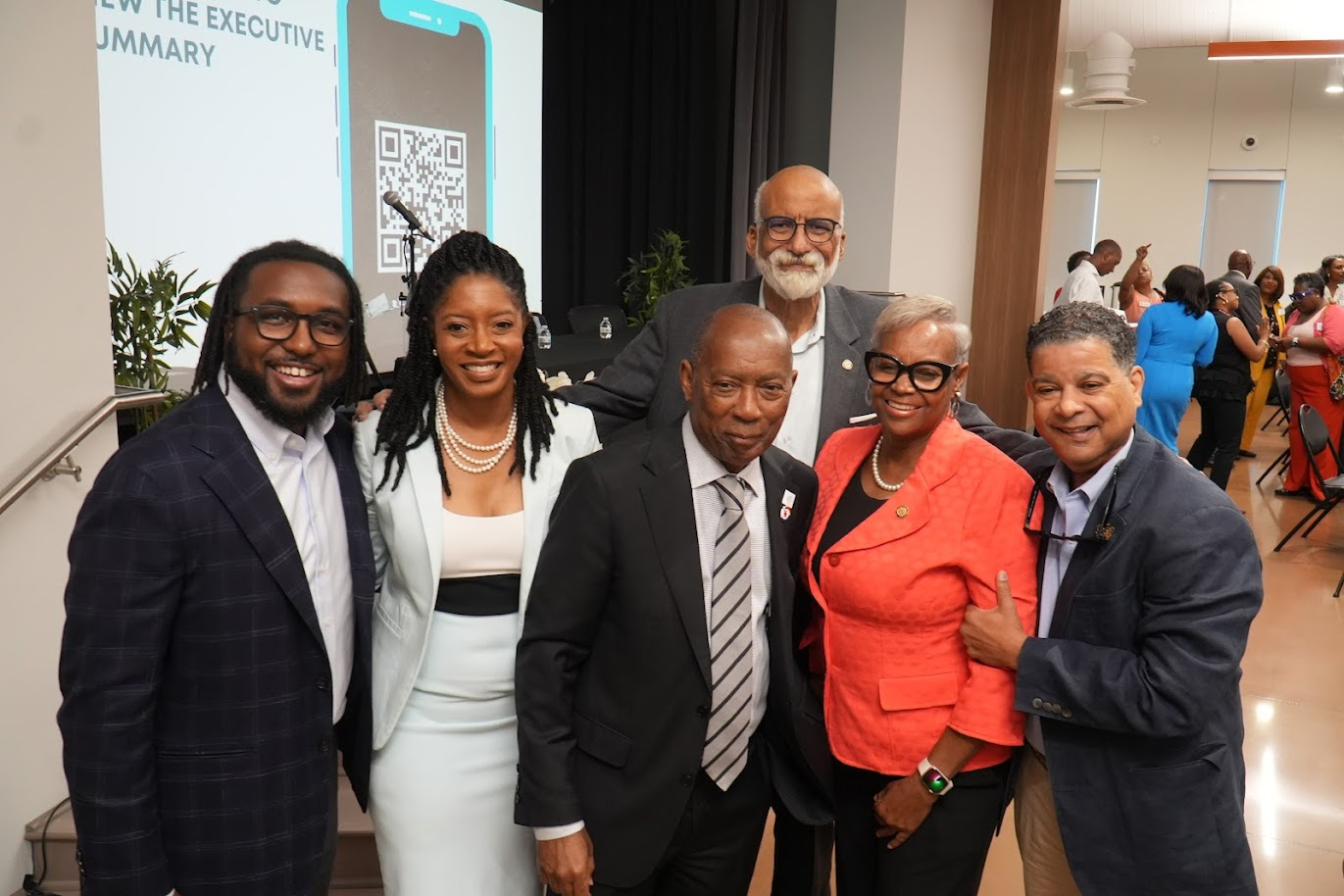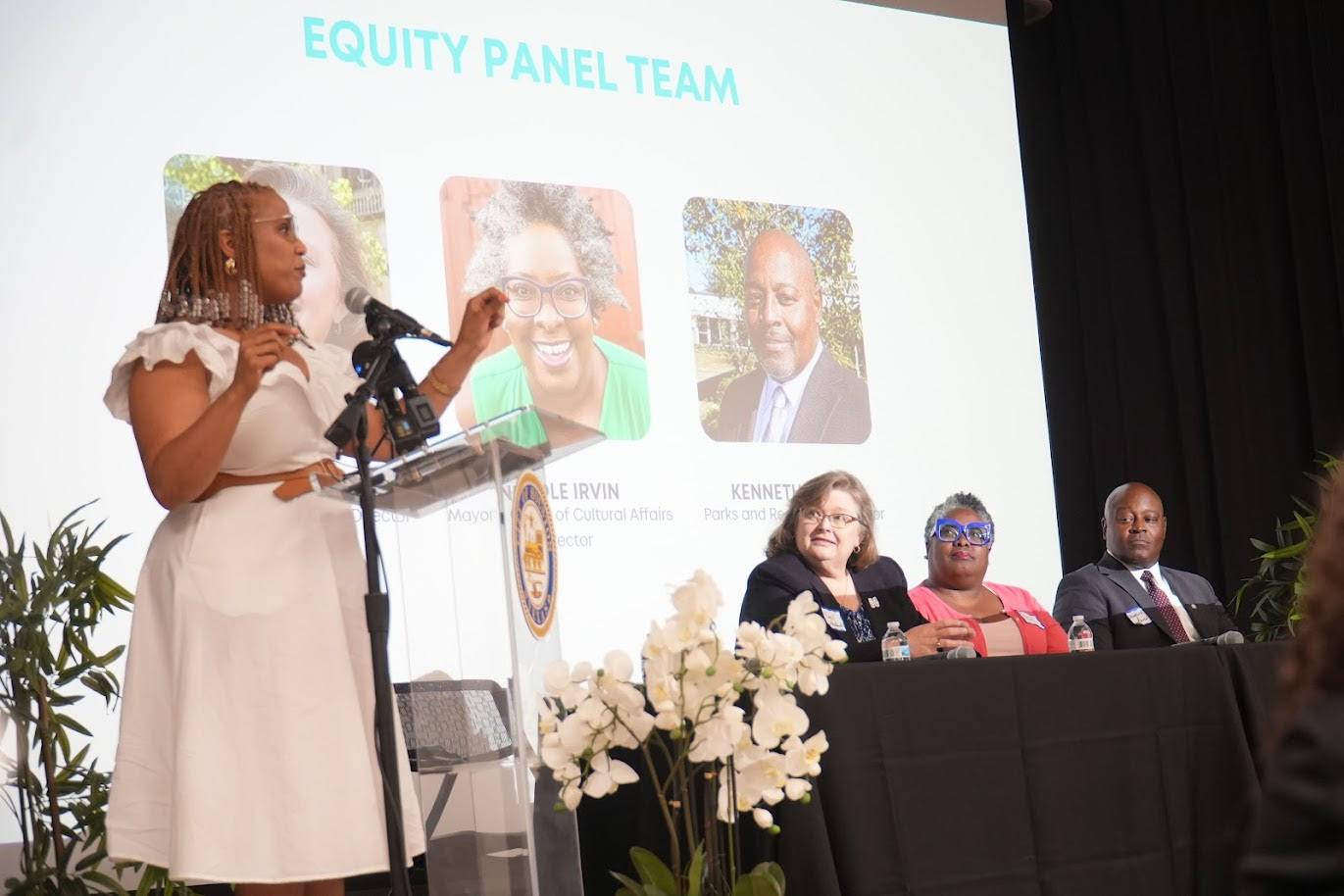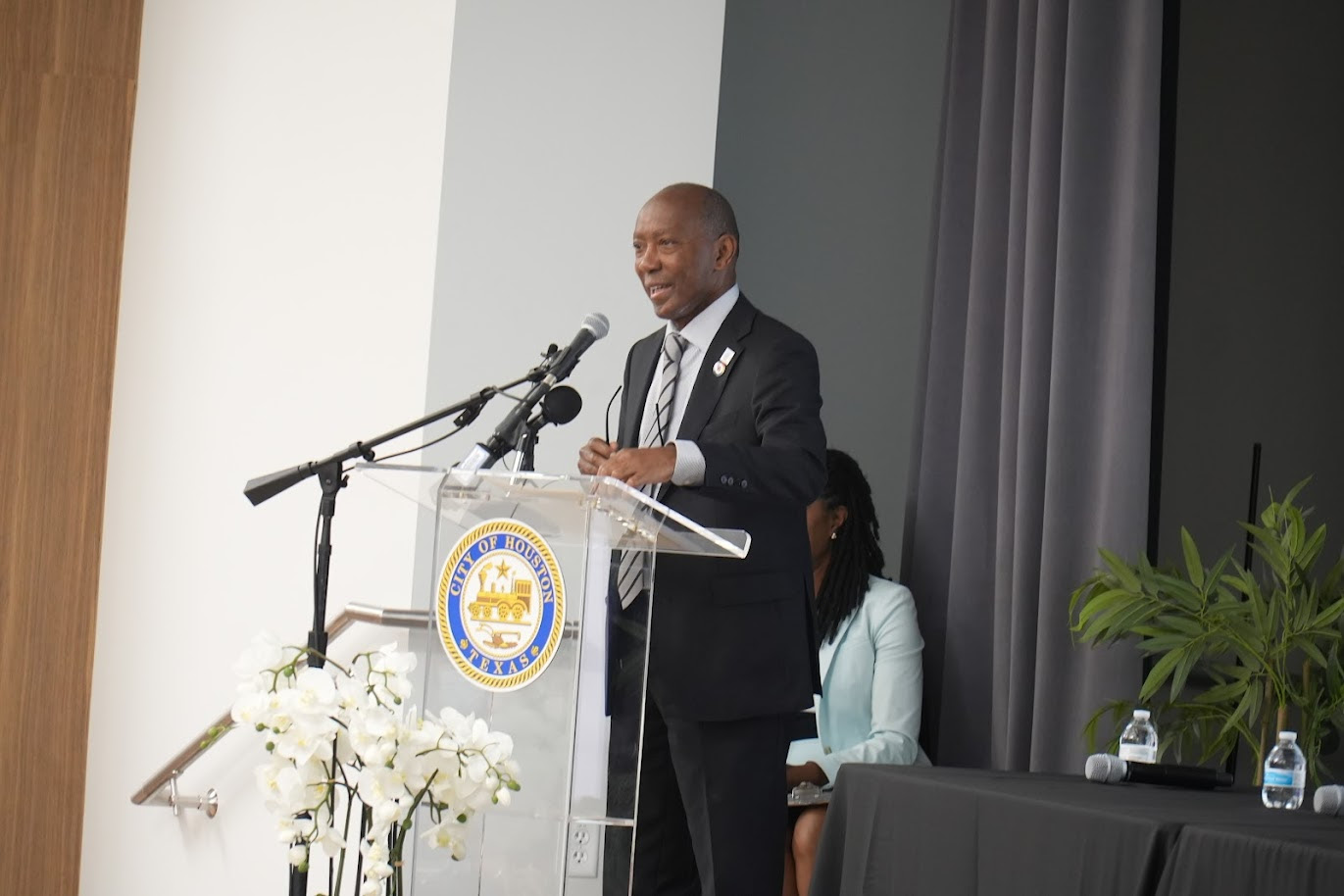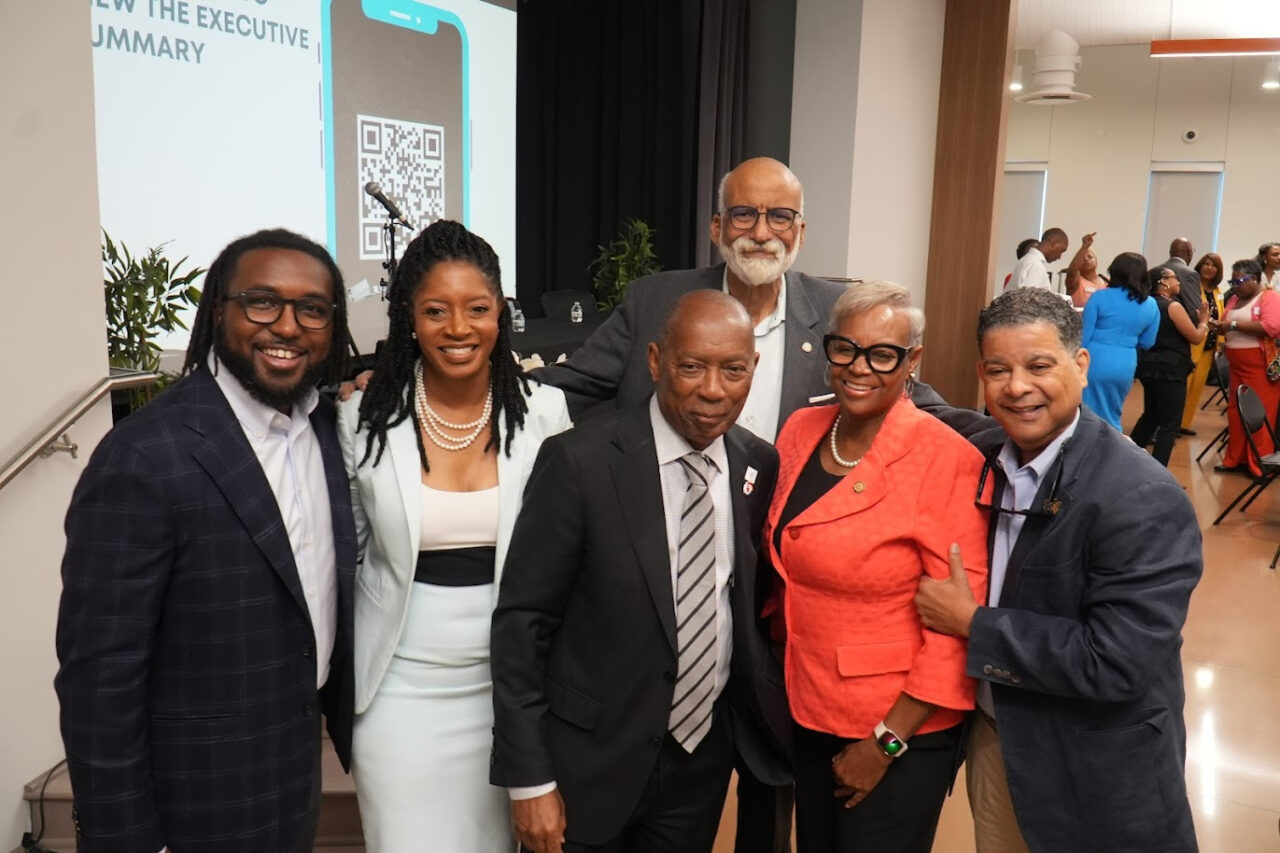| HOUSTON – Today, Mayor Sylvester Turner joined community and business leaders at the Sunnyside Health and Multiservice Center to announce the findings of the City of Houston’s first equity indicator study.
Conducted by Rice University’s Kinder Institute for Urban Research with funding from Shell USA, Inc., the report uses equity scores to identify socioeconomic inequalities exacerbated by biases based on race, ethnicity, gender, and ZIP codes. The equity scores are not pass-or-fail measurements of progress toward our goal of being a more equitable city.
Houston’s overall equity score is 44.1 out of 100, delineating a need for improvements. Compared to other cities that have used the Equity Indicators methodology, Houston’s score is higher than Dallas’s 2021 score of 38 and Tulsa’s 2022 score of 42.63. However, Houston follows behind St. Louis’s 2018 score of 45.57 and Pittsburgh’s 2018 score of 55.
The findings from this study highlighted the areas where the City of Houston can improve and progress toward becoming more equitable. Those areas include adjusting city policies and procedures; business strategies; corporate environment; social and governance initiatives; philanthropic investment models; nonprofit missions; and other efforts that can limit Houstonians’ opportunities and life circumstances
«One Complete Houston sheds light on the complex causes and compounding effects of inequities and sets a foundation for developing potential solutions to those challenges,” said Mayor Turner. “All neighborhoods have value and promise, and all kids across our city can succeed if we give them an opportunity.”

«We all have the responsibility of working to make Houston more equitable so we can achieve the United States’ ultimate aspirational goal of true equality,» said Director of Complete Communities Shannon Buggs.
Following remarks by Shell USA’s Christina Jones, and presentation of the report by Daniel Potter, from the Kinder Institute for Urban Research at Rice University, today’s event concluded with a panel discussion moderated by Houston City Councilmember Tiffany Thomas featuring directors of the City of Houston’s Public Works, Mayor’s Office of Cultural Affairs and the Houston Parks Department. 
The collaborative work of the Houston Planning and Development Department, the Mayor’s Office of Resilience and Sustainability, and the Mayor’s Office of Complete Communities aligned with the Kinder Institute’s work on the vision and framework outlined in the Resilient Houston strategy and the 10 Complete Communities Action Plans.
«In six months, I will no longer be mayor, but it doesn’t mean the investment in our communities should not continue. It is important for this city to invest in neighborhoods and people that have been overlooked far too long,» said Mayor Turner.
 |
